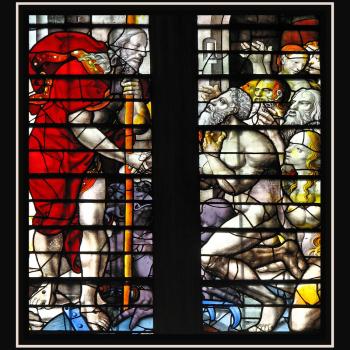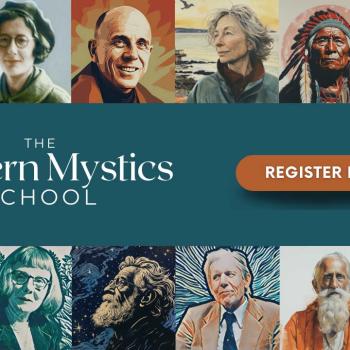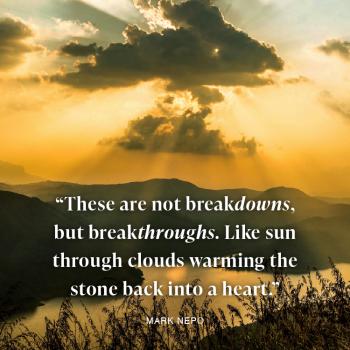This cultural decline of religion, however measured, is matched by a narrowing legal space for the free exercise of religion, and this is the argument's third claim. As a legal scholar, Oaks is now on his home turf, and he cites the 1990 Supreme Court case Employment Division vs. Smith, which ruled that states need not provide special protection to otherwise illegal religious activities merely because they are conducted for religious reasons, in effect erasing the special legal status that Oaks believes religious expression should enjoy. Although that case hinged on the religious use of illegal drugs, Oaks turns rather quickly to a different example—indeed the speech's only example—of what he sees as the narrowing legal space for religious expression: the question of religious views on homosexuality and gay marriage. He points to two incidents illustrating what he sees as a trend toward legal restriction on free religious exercise: a dispute involving a New Mexico wedding photographer who refused to photograph a gay commitment ceremony, who was ultimately required by the court to pay the couple's legal fees; and a matter involving a New Jersey church that refused to allow its boardwalk pavilion to be used for a gay civil-union ceremony, for which a federal court refused to give relief from state penalties.
One senses, however, that these legal disputes are not Oaks' deepest concern about religious freedom. His most pressing fear seems to be one that is more difficult to pinpoint, the sense that "public esteem is turning against" religious belief as an acceptable basis for citizen action and public argument.
These are the bones of Oaks' legal and philosophical argument, as I understand it. The speech included more, of course, including calls for unity among religious believers of all stripes and encouragement for religious-minded citizens to speak out. But the meat of his message is the case for a decline in religious freedom as outlined above. Stay tuned next week for my assessment of the historical evidence he presents.





